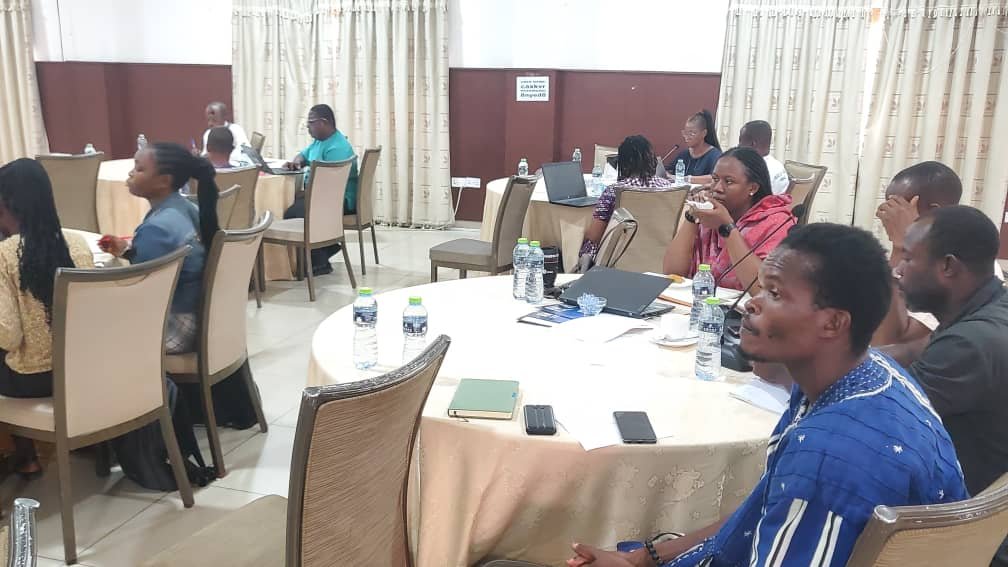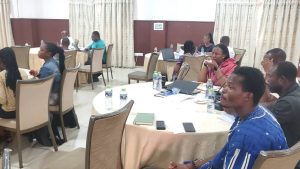Let’s establish state institution to coordinate FPIC

A Senior Lecturer of the Department of Environmental Management, School of Natural Resources, University of Energy and Natural Resources, Dr Abdulai Darimani, has called for the establishment of a state institution to coordinate the United Nations (UN) Free Participation and Informed Consent (FPIC) on the extraction of the country’s natural resources.
The body on FPIC had also become necessary to oversee citizen’s participation and engagement as well as their interest in the allocation of concessions for companies for the exploitation of natural resources.

FPIC, a UN instrument, was approved in 2007 to protect local and indigenous communities.
The instrument enjoins member countries to seek the consent of indigenous or local communities in the extraction of natural resources located there.
Ghana has signed on to the FPIC to protect local communities and enhance their participation in the process of allocating minerals rights to companies for the exploitation of the country’s natural resources.
Dr Darimani made the call in Accra yesterday during a day’s national forum to build the capacity of civil society organisations, stakeholders in the national resource governance sector and some residents of mining communities on the FPIC.
The day’s programme organised by Oxfam in collaboration with the Third World Network Africa was attended by CSOs such as Netright, African Centre for Energy Policy, WACSI and Friends of the Nation.
Dr Darimani said there was the need for the country to codify the FPIC into the country’s laws.
He also emphasised the need to consolidate the several pieces of FPIC laws into a single law.
The Senior Lecturer of the Department of Environmental Management, School of Natural Resources, University of Energy and Natural Resources said FPIC was gaining attention as a result of increasing development and the need to protect cultural values and heritage sites.
Dr Darimani said the Africa Union and the African Mining Vision highlighted on the FPIC.
The Senior Lecturer said Ghana as a member of the UN had signed on to the FPIC to protect the rights of the citizens related to land and natural resource extraction.
That, he said, was a result of land grabbing in Africa by some powerful corporate bodies.
He also said the top-down approach to development often affected indigenous people, displaced and deprived them of their land, hence the adoption of the FPIC by the international community.
He said the forum would help CSOs to build advocacy in FPIC on the exploitation on national resources in the country.
For instance, he said most often the issue of FPIC on the right to exploit minerals in the country was left to mining companies.
Thus indigenous communities were not given opportunities to actively participate in the implementation of programmes that affected their existence and livelihoods.
The Programme Officer of Third World Network Africa, Pauline Vande-Pallen, said the increased mining activities in Ghana had occasioned the need to highlight and build advocacy on FPIC.
She said the compulsory acquisition of land by the government for mining and development purposes also had created the need for the capacities of the citizens and the CSOs to be built on FPIC
BY KINGSLEY ASARE
The post Let’s establish state institution to coordinate FPIC appeared first on Ghanaian Times.


